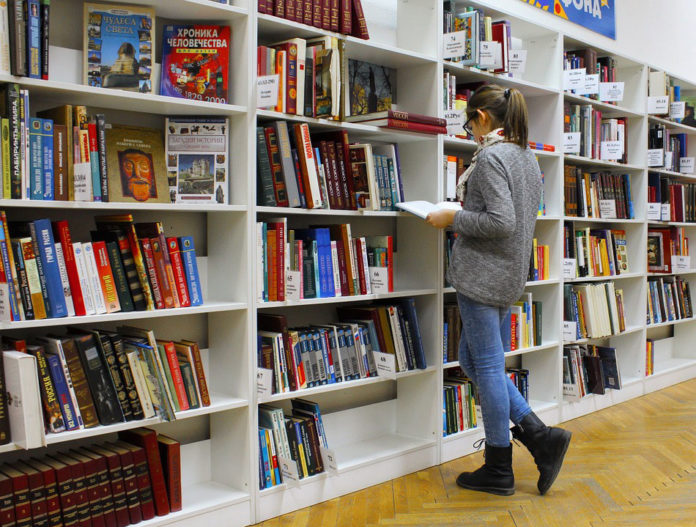Public goods are things you can’t exclude people from using, any one person using them doesn’t stop another from doing so. It makes communities more livable, with more amenities.
Now, a new study by Baylor University found that Americans are happier in states where the government puts more efforts on public goods such as libraries, parks, and highways.
In this study, a scientist named Patrick Flavin, examined data on respondents’ self-reported levels of happiness for 1976-2006 from the General Social Survey, a representative sample of Americans that monitors social characteristics and attitudes of Americans and is a project of the independent research organization NORC at the University of Chicago.
Flavin also analyzed detailed government spending data for states from the U.S. Census Bureau for 1976-2006. Revenues to fund state public goods are raised from a combination of state taxes and transfers from the federal government to states, averaging 22.5 percent of total state revenues for that 30-year period.
Flavin said, “We can look at the city where people live, their neighborhoods, and see how public goods spending predicts happiness after taking other important factors, such as marital status, health, education, and income, into account.”
Flavin found that public goods spending has broad benefits across income, education, gender and race/ethnicity lines.
Flavin said, “Compared to a lot of the other government spending, public goods tend to be less controversial between liberals and conservatives, Democrats and Republicans, compared to poverty assistance or unemployment benefits, where there is definite disagreement between political parties. I think there is less political conflict over public goods spending simply because if the government doesn’t provide them, they won’t be provided at all.”
“It could be that happier citizens self-select by moving to states that spend comparatively more on public goods. It also is possible that happier citizens support higher spending on public goods and elect state officials to deliver on that policy.”
Flavin further wants to conduct a study that links citizen to their local city instead of only to the state. Furthermore, in light of the fact that living a cheerful and satisfying life is an almost universal human goal, he predicts that better understanding of how policies concretely affect the quality of life will get expanding consideration from scientists in the years to come.
The study is published in the journal Social Science Research.
